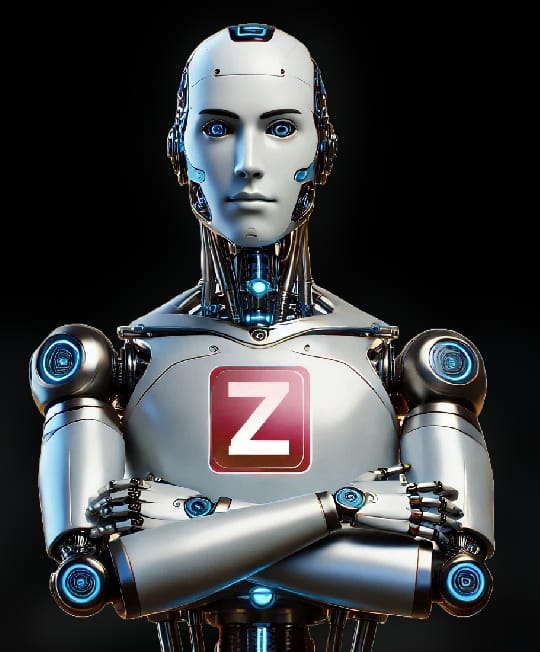I’m seeing AI agents and AI-powered tools really redefine marketing right now, and it’s exciting. We’re talking about:
- Boosting brand awareness and conversion rates
- Enhancing data trust
- Personalizing customer experiences
These aren’t just buzzwords; they’re tangible shifts in how we operate. AI is moving beyond simple automation to actively shaping strategic outcomes in our campaigns and customer interactions.
On one hand, the benefits are clear. AI can dramatically boost brand awareness by optimizing content distribution and targeting, leading to higher conversion rates through more precise lead qualification and nurturing. It also enhances data trust by processing and verifying vast amounts of information, giving us more reliable insights. And, critically, it allows for a level of personalization in customer experiences that was previously unattainable, delivering tailored messages and offers at scale.
However, we need to be mindful of a couple of challenges. There’s a real risk of AI fatigue among our teams and even our customers if we don’t implement these tools thoughtfully. It’s not just about adopting AI; it’s about integrating it seamlessly without overwhelming people. Furthermore, achieving true leverage from AI in our marketing strategies absolutely requires cross-functional synergy. Marketing can’t operate in a silo; we need to collaborate closely with data science, IT, and other departments to ensure our AI initiatives are aligned and effective.
Ultimately, by addressing AI fatigue and fostering strong cross-functional synergy, we can fully leverage AI to transform our marketing efforts.
